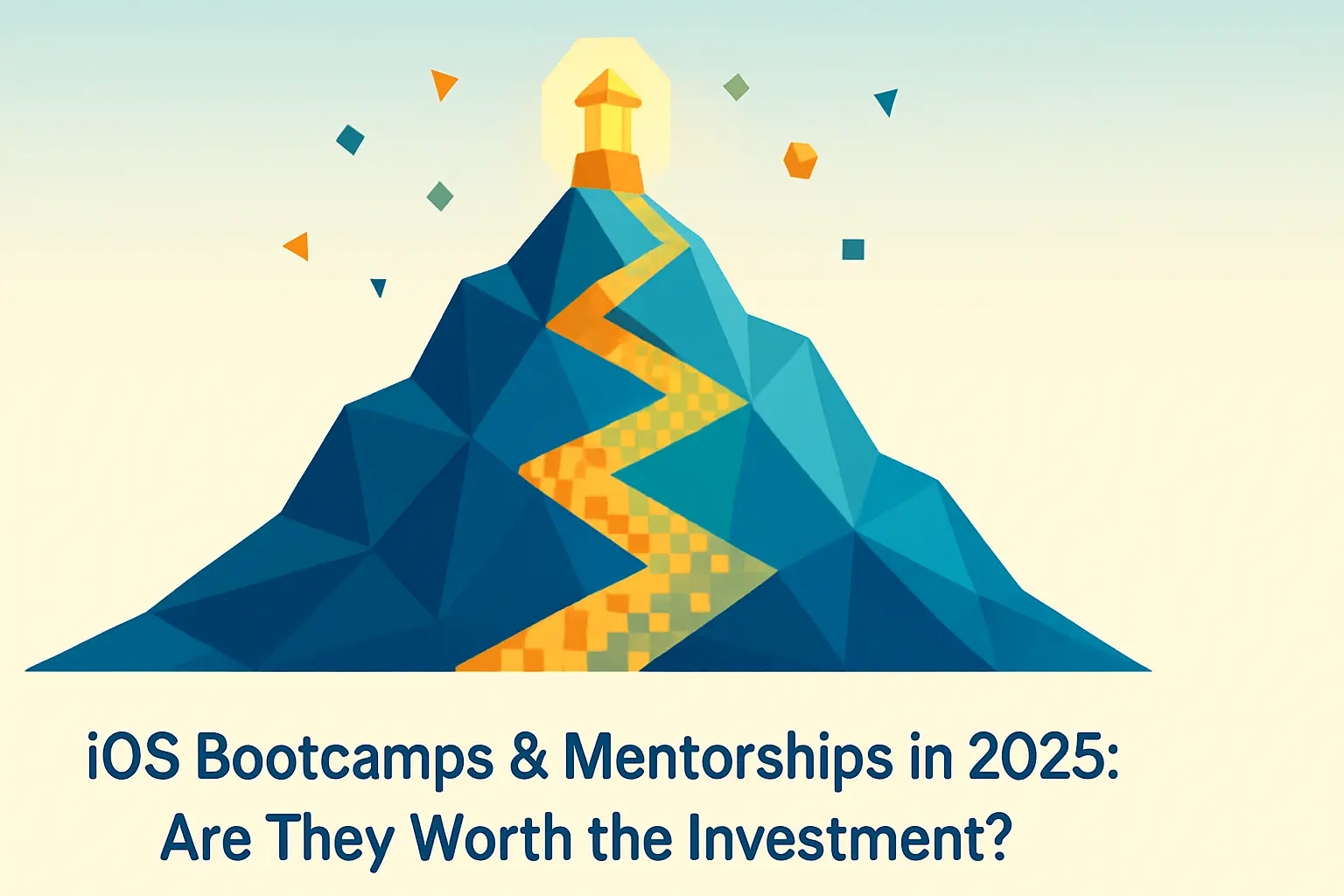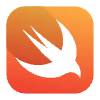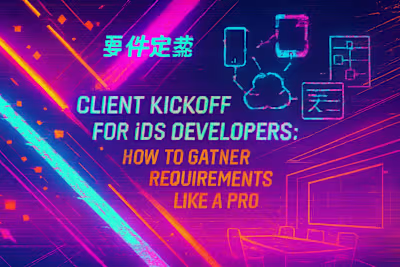iOS Bootcamps & Mentorships in 2025: Are They Worth the Investment?

iOS Bootcamps & Mentorships in 2025: Are They Worth the Investment?
The Coding Bootcamp Path: A Deep Dive
Pros: Structured Curriculum, Career Services, and Pace
Cons: High Cost, Intense Schedule, and Variable Quality
How to Vet a Reputable Bootcamp
The Power of Mentorship: A Personal Guide
Why a Mentor Can Supercharge Your Growth
How to Find and Approach Potential Mentors
Making the Most of a Mentorship
Cost-Benefit Analysis: Comparing Your Options
Financial Investment: Upfront Costs vs. Long-Term Value
Time Commitment and Speed to Employment
Learning Style and Required Discipline
Making the Right Choice for Your Career Goals
Assess Your Learning Style and Motivation
Evaluate Your Financial and Time Constraints
The Hybrid Approach: The Best of Both Worlds?
References
iOS Bootcamps & Mentorships in 2025: Are They Worth the Investment?
The Coding Bootcamp Path: A Deep Dive
Pros: Structured Curriculum, Career Services, and Pace
Cons: High Cost, Intense Schedule, and Variable Quality
How to Vet a Reputable Bootcamp
The Power of Mentorship: A Personal Guide
Why a Mentor Can Supercharge Your Growth
How to Find and Approach Potential Mentors
Making the Most of a Mentorship
Cost-Benefit Analysis: Comparing Your Options
Financial Investment: Upfront Costs vs. Long-Term Value
Time Commitment and Speed to Employment
Learning Style and Required Discipline
Making the Right Choice for Your Career Goals
Assess Your Learning Style and Motivation
Evaluate Your Financial and Time Constraints
The Hybrid Approach: The Best of Both Worlds?
References
Posted Jul 6, 2025
Considering an iOS development bootcamp or mentor? We break down the pros, cons, costs, and alternatives to help you decide the best path for your career.









